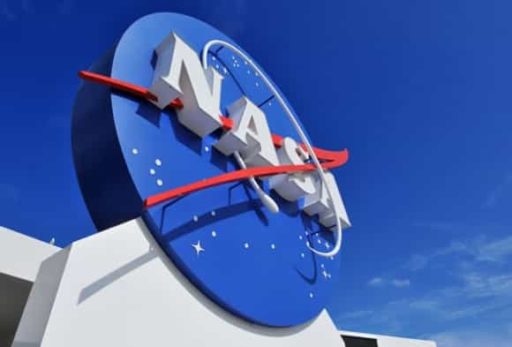Although for now, Curiosity is scanning the Red Planet, NASA has plans of sending astronauts to Mars in the coming days. However, one critical problem that the agency is currently facing is the fact that a trip to Mars, which will be fairly long, can significantly damage the astronauts’ brains.
Outer space contains a whole range of different kinds of radiations. On Earth, we are shielded from them because of the atmosphere. Briefer missions, such as those to Moon and the likes, are not that dangerous since the period of exposure is fairly small and that does not significantly affect the astronauts.
However, if these astronauts were exposed to the same radiations for a longer period of time, that can affect their cognitive abilities and even lead to a number of diseases such as Alzheimer.
This has been revealed in a study undertaken by M. Kerry O’Banion and his team at the Rochester Medical Center. According to O’Banion, “Galactic cosmic radiation poses a significant threat to future astronauts. The possibility that radiation exposure in space may give rise to health problems such as cancer has long been recognized. However, this study shows for the first time that exposure to radiation levels equivalent to a mission to Mars could produce cognitive problems and speed up changes in the brain that are associated with Alzheimer’s disease.”
The chief problem is that of shielding the astronauts against iron particles which are abundant in the space. These particles are fine in size and have high amounts of energy which makes it quite hard to block them. To fully shield the astronauts from them, the spacecraft has to be turned into somewhat of a bunker.
Source: Rochester Medical Center
Courtesy: Forbes
[ttjad keyword=”blackberry”]




